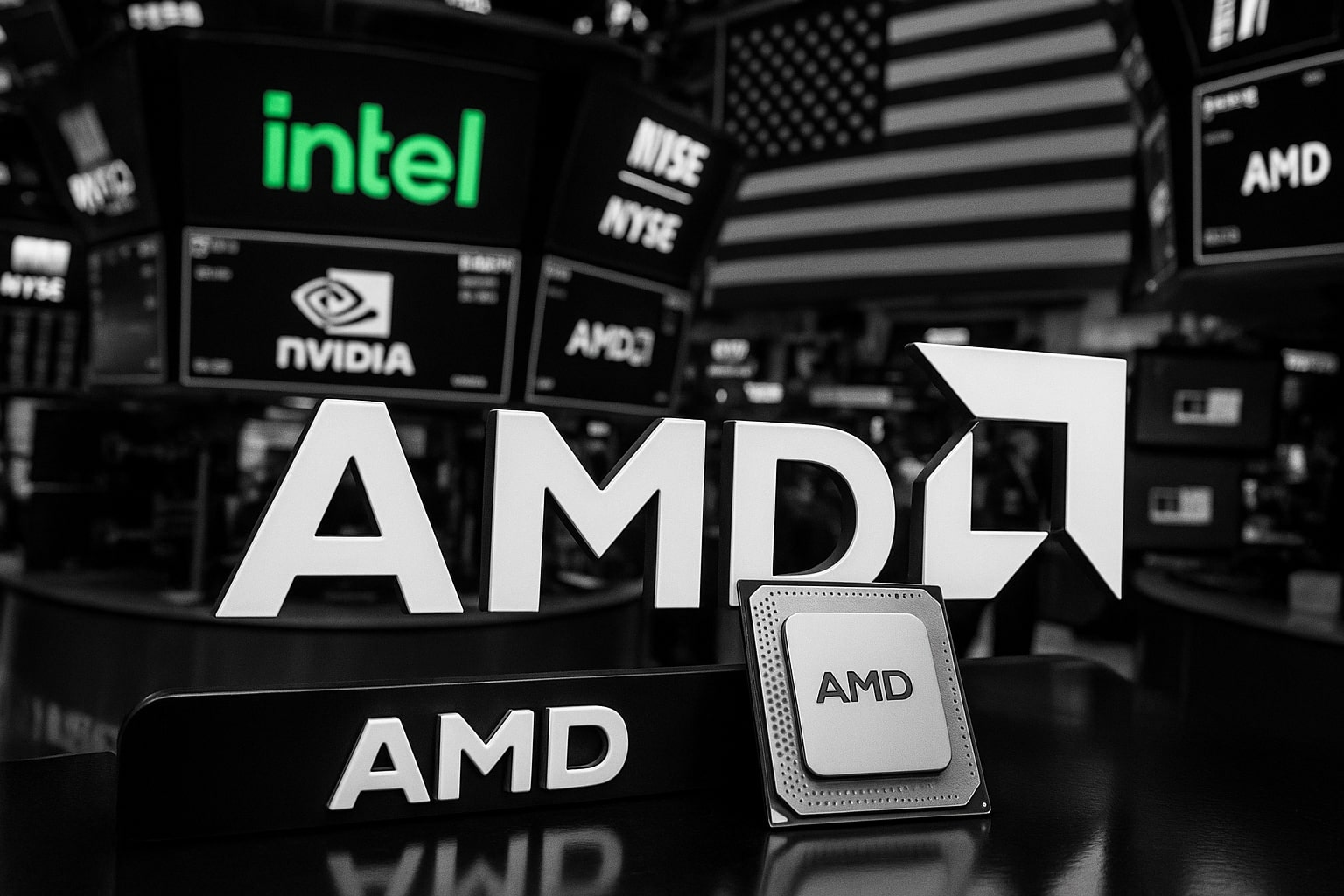
Microsoft Embraces AI and Cloud Computing to Drive Growth Amid Struggling Consumer Segments
Investors Turn to Microsoft for Exposure to Transformative AI Potential, as the Tech Giant Continues to Lead in Innovation and Financial Performance
Microsoft Corporation (NASDAQ: MSFT) has been a topic of interest among various funds and investors due to its strong performance and future prospects. One notable change in investment positions is First Personal Financial Services reducing their position in Microsoft by 1.1% during the fourth quarter, selling 404 shares. This reduction leaves the firm with 37,462 shares of Microsoft stock, which still constitutes about 2.4% of their overall holdings. At the end of the most recent period, First Personal Financial Services' holdings in Microsoft were worth $8,984,000.
While some insiders have sold their shares, Microsoft's financial performance and continued growth make it an attractive investment opportunity. The company has announced a quarterly dividend of $0.68 per share, translating to an annualized dividend pay-out of approximately $2.72, with a current yield of around 0.89%. Despite recent insider sales, MSFT's potential for growth remains high, as institutional investors continue to buy up shares in anticipation of future market gains.
Significant changes have been observed in institutional investor and hedge fund positions, with several firms raising their stakes in Microsoft. ICICI Prudential Asset Management Company Limited increased its stake in MSFT by a staggering 199.7% during the third quarter. Seascape Capital Management raised its stake in shares of Microsoft by 41.9%, while BlackDiamond Wealth Management Inc. raised its stake by 9.2%. Handelsbanken Fonder AB also increased its position in shares of MSFT by 1.4% during the same period, and RMR Wealth Builders raised its stake in shares of Microsoft by a significant margin of 9%. According to data from Bloomberg, approximately 69.15% of MSFT’s stocks are owned by hedge funds and other institutional investors.
Microsoft's market value is an impressive $2.27 trillion, with a P/E ratio of 33.87 and a price-to-earnings-growth ratio of 2.67. The company's beta, as reported on this date, stands at 0.93. MSFT's strong earnings in Q1 FY23, with $2.45 earnings per share and a net margin of 33.25%, exceeded analyst forecasts by 9.61%. These impressive results demonstrate Microsoft's resilience and continued relevance in the tech industry, more than four decades after its founding.
Artificial intelligence (AI) has become central to Microsoft's business strategy, and the company's partnership with OpenAI is transforming its product portfolio. Microsoft has integrated ChatGPT, OpenAI's advanced AI-powered chatbot, with its Bing search engine in an attempt to challenge Alphabet's Google in the search market. Just two months after launching, Bing's mobile application installs have increased fourfold, and the search engine has amassed 100 million daily active users.
Revenue in Microsoft's search segment rose 10% in the fiscal 2023 third quarter (ended March 31), indicating that advertisers are starting to recognize the value of the AI-enhanced search engine. Microsoft Teams, the company's collaboration platform, reached a record high of 300 million active users, with the premium version of Teams using ChatGPT-powered AI to automatically generate meeting notes and other productivity-enhancing features.
AI's integration into the Azure cloud platform may be the most valuable Microsoft-OpenAI collaboration to date. Azure provides business customers access to OpenAI's cutting-edge GPT-4 language model, enabling them to develop advanced applications using the most sophisticated technology available. Azure's revenue increased 27% YoY in Q3, with the AI component of the cloud platform boasting 2,500 OpenAI customers, up an astounding 1,000% compared to the previous quarter.
climate, the company's focus on AI and cloud computing is helping to offset these challenges. Xbox hardware revenue saw a 30% YoY drop, and devices revenue, which includes the Surface line of notebook computers and tablets, experienced a similar 30% decline. Additionally, Windows revenue fell by 28% due to weakened demand for personal computers.
Despite these setbacks, Microsoft's stock soared 7.5% the day after it reported Q3 earnings, adding more than $150 billion to its valuation. The company beat the high end of its revenue forecast for all three of its business segments, and its $2.45 earnings per share (profit) exceeded analysts' expectations of $2.24.
Microsoft's performance over the last four quarters has generated $9.22 in earnings per share. Based on its recent share price of $296, the stock trades at a price-to-earnings (P/E) ratio of 32.1. Although this is 20% more expensive than the Nasdaq-100 index, which trades at a P/E ratio of 26.7, AI's financial potential justifies paying a premium for Microsoft stock.
Ark Investment Management, led by top tech investor Cathie Wood, estimates that AI companies could share a revenue pool worth $14 trillion by 2030, creating $90 trillion in enterprise value. Microsoft, as an established leader in the industry, is well-positioned to capture a significant share of this value.
Investors looking for exposure to the transformative potential of AI should consider Microsoft as a strong investment opportunity. The company offers a combination of stability and innovation, making it an ideal choice for those seeking both growth and reliability in the rapidly evolving tech landscape. As Microsoft continues to innovate and lead in AI and cloud computing, its stock remains a buy for investors looking to capitalize on the company's forward-thinking strategies and strong financial performance.
Read More
-
SCHD ETF Holds Ground With 3.6% Yield as Dividend Investors Eye Stability Over Growth
15.10.2025 · TradingNEWS ArchiveStocks
-
Ripple XRP (XRP-USD) Steadies at $2.43- SEC Shutdown Freezes ETF Decisions, Inflows Hit $61.6M
15.10.2025 · TradingNEWS ArchiveCrypto
-
NG=F Falls to $2.99 as Record Supply Outpaces Demand Despite 16.9 Bcf/d LNG Exports
15.10.2025 · TradingNEWS ArchiveCommodities
-
USD/JPY Price Forecast - Yen Weakens to 151.30 Amid Dollar Selloff
15.10.2025 · TradingNEWS ArchiveForex


















